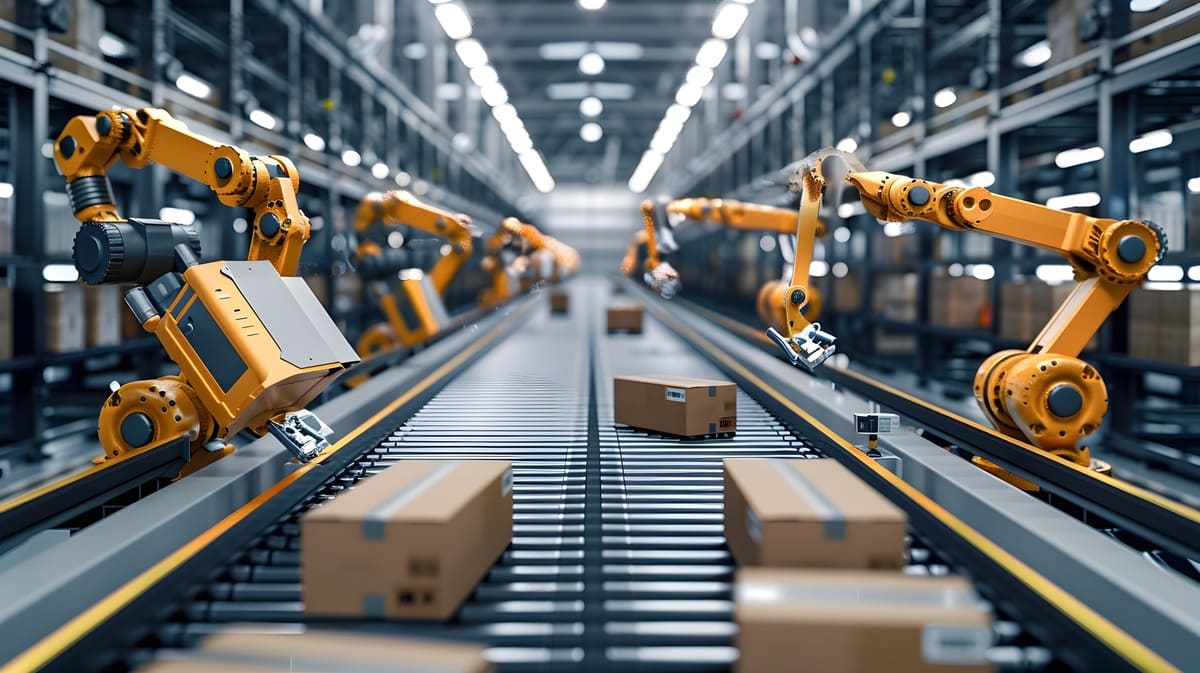Table of Contents
Artificial intelligence (AI) seems to be everywhere we look these days—from the automated customer service chatbots to healthcare dial systems and creative platforms. As AI appears to be integrating more and more into our everyday lives, many keep wondering whether or not we should fear that AI will be replacing humans.
We’re here to tell you – no. It’s just changing our jobs. While AI is transforming global industries, it still cannot replace the ability to be human. AI is a tool, and can help us with our career goals, managing tasks and even inspire creativity, but it certainly cannot think or feel like humans can.
AI Cannot Replace Human Creativity
One of the biggest misconceptions about AI is that it can be just as creative as humans. While AI can help with creating texts, images, and even music, it cannot mimic empathy or feelings…two ingredients needed to resonate with fellow human beings in the world.
For instance, AI may be able to copy a famous artist’s style or write a catchy headline, but it cannot sense or feel heartbreak, joy, or cultural cues. Human creativity depends on life experience, intuition, and emotional understanding, a machine does not.
AI Needs You
AI systems don’t work in isolation and needs a human being monitoring the data and assessing it. Every algorithm, dataset, and program is designed, trained, and governed by humans. In fact, without a human being looking it over, AI will showcase bias and flawed results.
For example, the healthcare industry can use AI to scan many medical images in seconds, but in the end it is a doctor that is needed to interpret the results and make decisions.
While AI may be used to help organize and even speed up the decision-making process, it is not here to replace it.
Human Relationships Are Irreplaceable
We all know that the key to a successful business is good relationships. Great leaders help to inspire teams, amazing teachers build up students through mentorship, and customer service representatives are key to building trust and problem solving. These human-to-human connections require personality, empathy, emotional understanding, all qualities AI cannot understand.
Yes, chatbots can answer simple questions, but how many customers remain irritated that they cannot speak to a human about their issue? Too many to count. That’s why human relationships will remain key to your business’ success in the longterm.
AI Is Creating New Jobs
While some are worried AI may be taking jobs away, it actually may be doing the opposite. AI is at a pivotal point in history, where it’s now leading the creation of entirely new industries and careers. The World Economic Forum predicts that AI will generate more jobs than it displaces, especially in roles such as data analysis, AI ethics, machine learning, and creative strategy.
A decade ago, most of our society had not heard of titles such as “AI trainers” or “prompt engineers.” Today, these jobs are growing in numbers and in demand. Just as the internet gave rise to social media managers and app developers, AI is paving the way for new opportunities in the future of work.
Ethics and Judgment Are Inherent to Humans
Perhaps the most critical reason AI cannot replace humans is ethics. Machines can process data, but they cannot weigh moral consequences or understand human values.
Great businesses thrive because they understand their clients and customers on a deep level, making them feel heard and understood and hopefully inspired. AI may offer insights, but only a human can do this…
Final Thoughts: Humans and AI Working Together
AI is not replacing humans—it’s enhancing human potential. By automating repetitive tasks, AI frees us to focus on what truly matters: creativity, empathy, problem-solving, and innovation.
The future of work isn’t humans versus machines—it’s humans and machines, working together. Instead of fearing AI, we should embrace it as a powerful tool that helps us grow, adapt, and showcase what makes us human.

Leave a Reply
You must be logged in to post a comment.